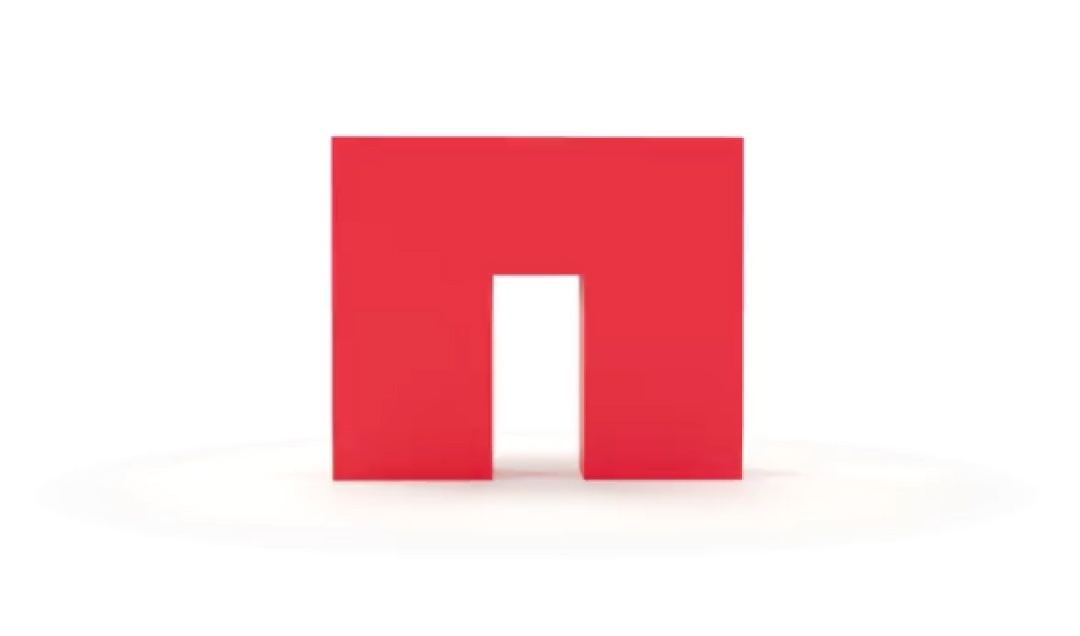How the evolved cloud can ease your IT skills gap woes
Simplify and unify hybrid multicloud operations so you can get back to innovating

Share this page

Jeff Baxter
The IT skills gap. Everyone knows it’s a problem. Everyone knows it’s escalating. But no one has found a magic solution to satiate the growing talent needs of businesses everywhere. It’s a concern that reaches from the trenches to the board room: 8 in 10 IT and business executives are at least somewhat concerned with the IT skills gap at their organization. 1 in 4 are very concerned, and for good reason.
Innovation is fueled by technology, and technology is fueled by people. IT has become the backbone of business’ ability to innovate, and its scope and required skillsets have exploded creating massive demand for skilled and experienced talent without available supply. Here are a few of the major factors:
- Rapid cloud adoption has necessitated an operations overhaul, a commitment to agility, and a slew of new processes, tools, platforms, etc.
- Retraining and certifications are tricky, time consuming, and difficult to balance with the day-to-day work that must get done.
- Three words: The Great Resignation. One-upping with hypercompetitive pay and benefits keeps feeding the revolving door of talent. Companies that ignore trends like flexible work and better incentives are even further behind the curve.
- Employees are pushing back against hustle culture (think “quiet quitting”). As their peers leave, remaining employees get stuck with bigger workloads which dials up stress levels and creates a toxic culture that drives even more departures.
The shortage has reached a fever pitch
Stretched IT departments that have dealt with wave after wave of disruption (first cloud, then digital transformation, now the pandemic and supply chain issues) find themselves with a mountain of work, overwhelming complexity, not enough specialists, and little relief in sight. Although talent gaps also exist in other areas like marketing and biz dev, the shortages in IT pack a particularly powerful punch. Why? Because nearly every company relies on tech for innovation in everything from product development to customer experience. And cloud is an essential part of that equation.
Can’t spell innovation without c-l-o-u-d
No one wants to tell their CEO that Project XZY is stalled because of talent shortages. But that’s where we’re at. While digital transformation and cloud deployments remain a top priority for IT leaders, the lack of technical skills is inhibiting the adoption of emerging, cloud-based technologies that, you guessed it, enable innovation. In other words, companies may have to intentionally slow progress down because they don’t have the staff or skills to keep pace.
Nearly every company uses a public cloud (most use more than one) and managing cloud environments is substantially different than data centers. Each cloud requires specialized skills, which are in short supply. And really, you need skills for the entire lifecycle of an application on the cloud—from infrastructure and operations (I&O) to dev to security and so on. Workload specialists for backup, ransomware/security, governance/compliance, tiering, storage management, and even STaaS are not only expensive but also hard to find. Plus, there are still many situations where keeping data and workloads on premises makes sense. Everything needs to work together, and you need people with skills to cover the spread.
Evolved cloud—simplified and unified operations
Yes, retention, retraining, certifying, mentoring, etc. are important to the cause. But hybrid multicloud architectures are incredibly complex, and as we’ve established, managing multiple clouds and on-premises environments together can be tricky, burdensome, and inefficient. What if you could address those issues head on? We see that happening in the evolved cloud.
This recent blog has all the details, but the evolved cloud is a strategic approach to hybrid multicloud environments where cloud is fully integrated into your architecture and operations and everything remains efficient, secure, and continuously optimized—automatically. Seamless interoperability between multiple clouds and data centers is achieved via abstraction.
Here’s the exciting bit. In an evolved cloud state, operations get unified across disparate environments and automation reduces the tedious manual processes that take up valuable time and resources. By simplifying and standardizing operations, you can reduce the need for environment, cloud, and workload-specific skills. You can move data anywhere and develop and deploy in different environments freely and securely. And with AI-driven automation handling previously manual processes, you can shift focus to more valuable efforts while making efficiency gains.
How NetApp is helping to narrow the skills gap
NetApp has been planning for the evolved cloud for a long time, so our portfolio is built for hybrid multicloud and continuous innovation. We have deep relationships with the biggest cloud providers and can offer what most vendors can’t—freedom from lock-in and walled gardens. Use the clouds you want, how you want, without the burden of complexity.
To achieve an evolved cloud state, you need the right tools. NetApp® BlueXPTM is a unified control plane that delivers management consistency across disparate environments with integrated data services, powerful AI/ML automation, flexible consumption models, and integrated protection. BlueXP enables generalists to perform specialized tasks so you don’t need as many technical specialists. It can be used by different teams and users and is role based so everyone can see and do what they need to without hassle. The digital wallet capability streamlines process-intensive resource acquisition with on-demand provisioning by role, cutting costs and risk while driving business agility. FinOps can manage and monitor investments, minimize waste, and assess ROI in real time. You can offload time-consuming cost and resource optimization, monitoring, and protection onto automation. And BlueXP can improve how different teams interact by giving them a common vocabulary/dashboard/tool that facilitates easier communication. It’s a great way to tackle the skills shortage head on by making things easier, simpler, and more efficient.
It's time to get back to innovating. Go tell your CEO it’s full steam ahead in the evolved cloud.
Jeff Baxter
Jeff Baxter is Vice President, Product Marketing at NetApp. In this role, Jeff leads the team responsible for core product & solutions marketing at NetApp. Previously, Jeff has held a variety of technical and strategy roles at NetApp, including serving Sr. Director of Product Management for ONTAP, Chief Evangelist for ONTAP, and Field Chief Technology Officer for the Americas at NetApp.


